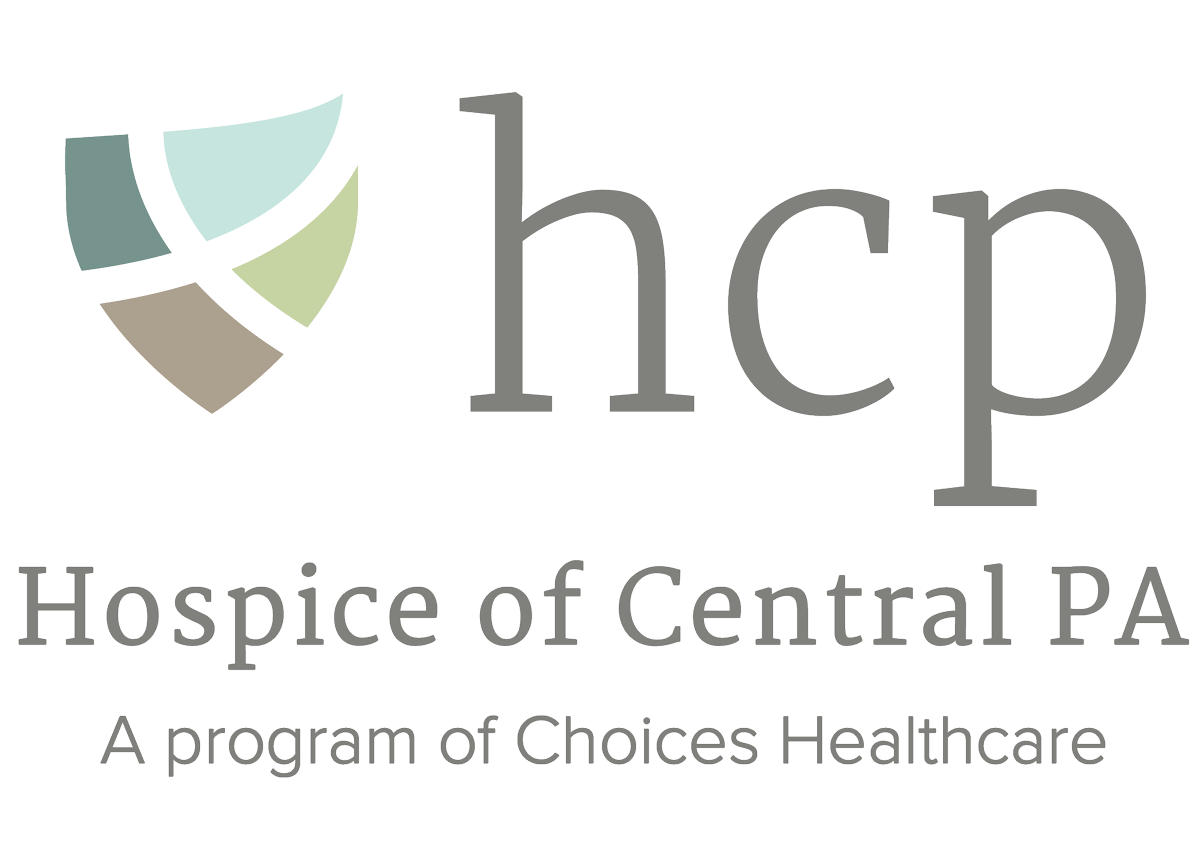Planning ahead for a medical crisis or end-of-life is something most of us are reluctant to think about, let alone act on. Have you ever considered what would happen if the unexpected happened? Would your loved ones know your wishes? While advance care planning can be a difficult topic to consider, it’s necessary in order to ensure your wishes are clear. Maybe more importantly, it can give you and your loved ones peace of mind.
Advance care planning is not just for seniors. At any age, a medical event could occur which could render you incapable of making medical decisions for yourself. When you plan ahead for these possibilities, you get to decide what types of treatments you do or don’t want. There are many things to consider and multiple ways to make your wishes known.
First, it’s important to learn about the types of decisions that need to be made in advance. Talk to your doctor, attorney, and your family about your questions, concerns, and options. You’ll need to consider whether you would want certain healthcare interventions such as CPR, ventilator use, artificial nutrition and hydration, or end-of-life comfort care (hospice).
Once you’ve done your research, it’s time to put your wishes in writing. An advance directive, such as a living will, is a legal document that goes into effect only if you are incapacitated and unable to make health care decisions for yourself. For example, you may decide now that you would want a ventilator to help you breathe as a result of an accident or illness. As we age, however, our wishes for curative care can change. An advance directive is not set in stone and should be reviewed and updated if your wishes change over time.
Another necessary document is the health care durable power of attorney (POA). This is a legal document that assigns a health care proxy who is able to make medical decisions for you when you are unable to speak for yourself. This person should be aware of your wishes and be willing to make treatment decisions based on your advance directive. Your POA should be someone you know and trust who is comfortable making decisions in a difficult situation.
There are many other decisions that can be made in advance. Examples include:
- A DNR (do not resuscitate) order tells medical staff in a hospital or nursing home that you do not wish to have CPR or other life support measures. Without a DNR, medical staff will make every effort to restore your breathing and heart rhythm.
- A DNI (do not intubate) order tells medical staff that you do not want to be placed on a breathing machine.
- An organ and tissue donation designation stipulates whether healthy organs are to be donated to people who need them. The most common organs that are transplanted are the heart, lungs, pancreas, kidneys, corneas, liver, and skin.
Finally, once your decisions are made and your documents are in place, it’s imperative that you tell your loved ones about your wishes. Give copies of your advance directive to your POA, your doctor, and be sure to make extra copies in case of an emergency. Remember, the advance directive, or any other advance planning document, can be changed over time.
Talking about advance care planning and end-of-life is often a hard topic, but it’s necessary. If you are interested in learning more about how to start this process, or how to have the conversation with your loved ones, you are welcome to join Hospice of Central PA’s upcoming Inspiring Community Conversations: Advance Care Planning event on April 26, 2023, at Londonderry Village. For more information visit hospiceofcentralpa.org/events or call 717-732-1000.
